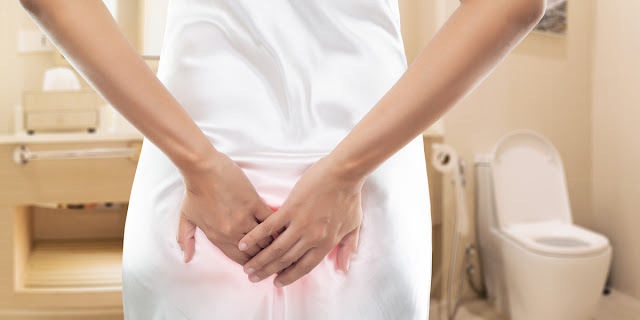The best and worst foods for haemorrhoids
 |
| The best and worst foods for haemorrhoids |
In the appearance of haemorrhoids factors such as lifestyle and diet stand out. Thus, what to eat or what foods to avoid are decisive when it comes to preventing hemorrhoidal discomfort.
An active life and
foods that help maintain a healthy bowel movement must be part of a diet for
haemorrhoids. In addition, you have to know what you can not eat when you have
haemorrhoids to avoid their worsening.
In this article we
will explain it to you in detail, so you can prevent haemorrhoids, colloquially
known as piles, with some changes in your routine. Before reading the list
below, know you that can buy haemorrhoid medication, such as Proctosedyl Ointment and Xyloproct Online in the UK from an online pharmacy.
What to eat if I have haemorrhoids?
When it comes to
establishing a diet for haemorrhoids, the first thing you should know is that
fibre and water cannot be lacking. To achieve this much-needed contribution, it
is recommended to introduce into the diet in a moderate way the consumption of:
Cereals, seeds and nuts:-Fibre is essential
for the proper functioning of the digestive system because although we cannot
digest it, it regulates intestinal activity. A good intake helps to make stools
more frequent, avoiding constipation, and contributes to the stools acquire a
consistency that facilitates their evacuation.
Cereals should
always be whole, as they contain more fibre. Nuts and seeds should be eaten in
small quantities and naturally.
Vegetables.
They are a great
source of fibre and protein, which improves digestion and evacuation. It is
convenient to eat legumes and combine them with potatoes, vegetables or rice.
In addition, it is recommended not to cook them with fatty foods.
Therefore, it is
better to eat salads or vegetable dishes with vegetables, but avoid stews that
include fatty meats.
Fruits and vegetables.
They are another
great option to include more fibre in the diet and get more vitamins. It is
better to eat the whole piece than to consume them in juices, compotes or other
forms.
In addition, it is
recommended to eat them with skin as long as it is edible, as is the case of
apple, pear or apricot, as this area is the one that includes the most fibre.
Vegetables can be eaten both raw and cooked, being preferable grilled, boiled
or baked instead of fried or with sauces.
What foods to avoid when you have haemorrhoids?
But it is not only
important to know what to eat if you have haemorrhoids, it is also necessary to
know what foods to avoid when you have haemorrhoids to minimize discomfort and
attacks. Therefore, it is recommended to keep the following ingredients at bay:
Flatulent
vegetables
To avoid the
excessive production of gases that can cause discomfort in the area, it is
advisable to limit the consumption of foods such as artichokes, cabbage or
leeks.
Fats, sauces,
spices and refined cereals and sugars
These types of
products do not provide fibre and hinder proper intestinal transit. In
addition, the spicy ones increase discomfort when evacuating, irritating the
intestines and the anorectal region.
Both alcohol and
energy drinks, coffee and teas have a vasodilator effect, which increases the
inflammation of haemorrhoids, so it is advisable to reduce their presence in
the diet.



Comments
Post a Comment